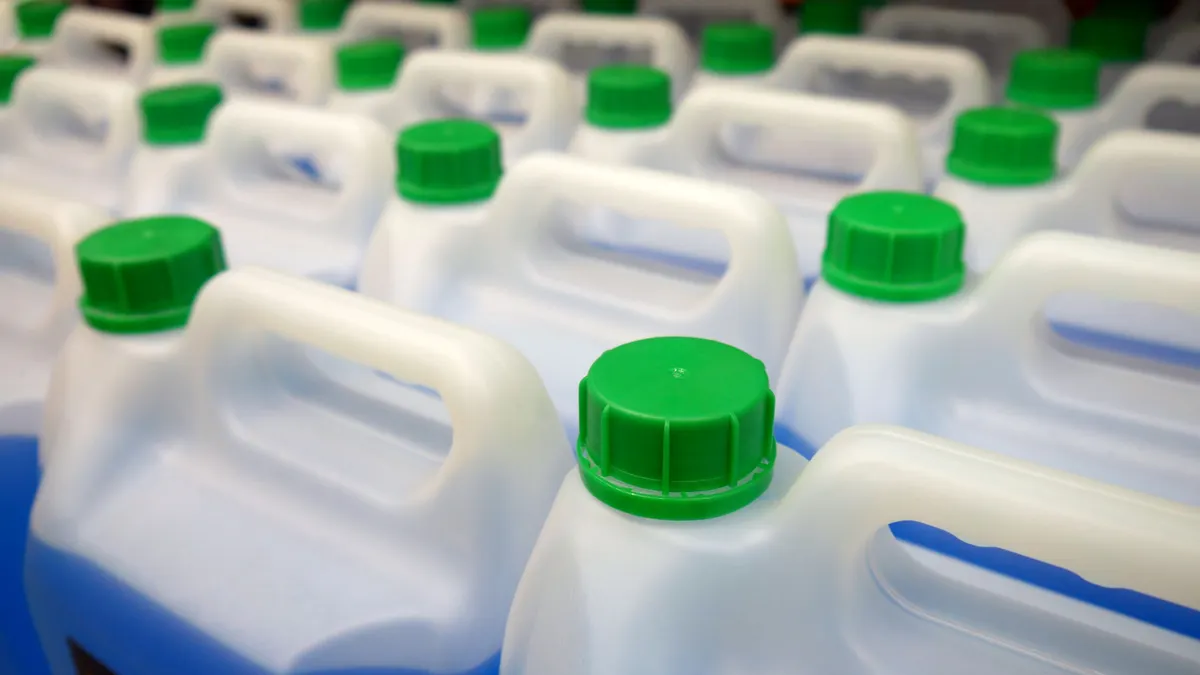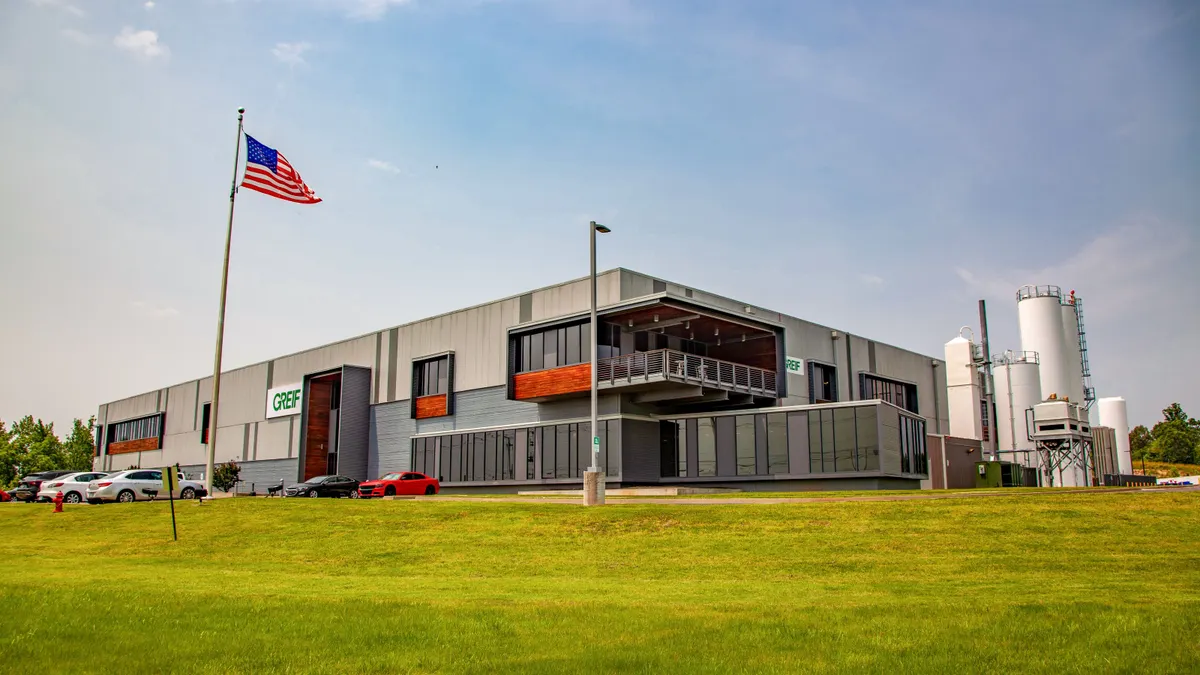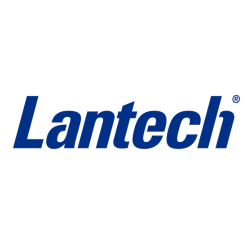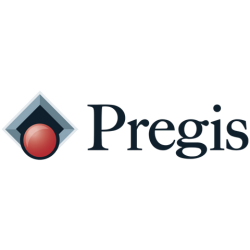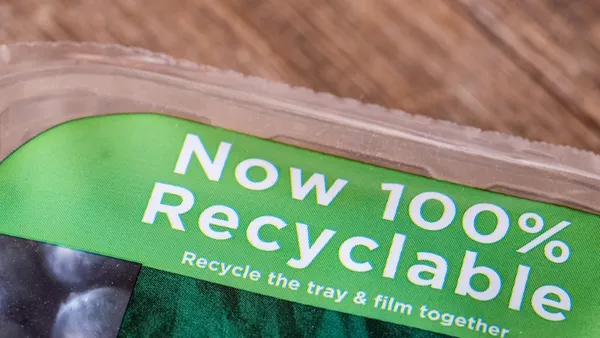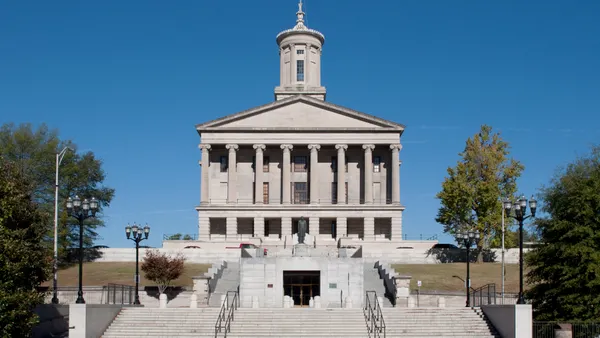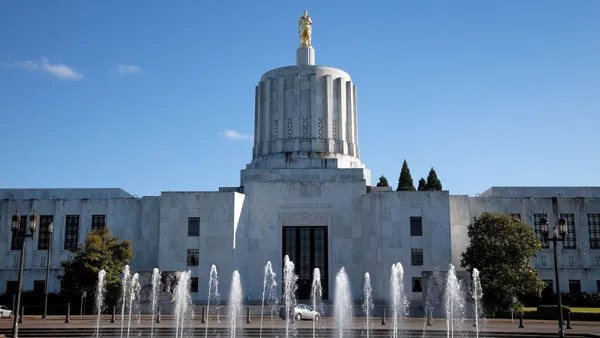Dive Brief:
- The Colorado Department of Public Health and Environment this month approved the nonprofit Lubricant Packaging Manufacturers Association’s individual program plan as part of the state’s packaging EPR law. Colorado’s packaging EPR law allows for niche sectors to pursue individual program plans outside of the appointed producer responsibility organization.
- LPMA’s plan covers management of packaging for oil-based lubricants, grease, antifreeze, engine additives and other fluids used in transportation and mechanical applications. “You want to keep this stuff separate from the curbside program,” said CEO David Lawes.
- Implementation is set to begin by March 13, 2026. Lawes said the program is “complimentary” to the efforts of Circular Action Alliance, Colorado’s appointed PRO, and hopes other states will allow pathways for individual program plans.
Dive Insight:
LPMA was founded in 2024 by five petroleum companies — Castrol, Chevron USA, ExxonMobil Oil, Shell and Valvoline — in response to state EPR laws. The program is managed by Interchange 360, Canada-based Interchange Recycling’s U.S. affiliate.
LPMA’s individual program plan is the only such program plan approved on CDPHE’s website. The plan’s performance targets include a 44% collection rate for automotive containers come 2030 and 58% come 2035. The target rate for actual recycling is 35% in 2030 and 50% in 2035.
LPMA will also pursue recycled content targets. The group aims for 23.5% PCR in rigid plastic containers come 2030 and 30% come 2035. The group will set baselines and targets for other packaging formats based on data collected in the first two years of the program.
The group will also begin tracking reusable and refillable packaging efforts. However, the nonprofit cautioned in the plan that given the hazardous nature of some of these products, reuse and refill could have challenges not associated with most products.
LPMA’s path forward in other states with packaging EPR laws is a mixed bag, according to Lawes.
Like Colorado, California already offers an alternative plan option, Lawes said. And in Washington and Maine, LPMA expects to be able to pursue an independent option as well. Maryland is currently considering providing clarity on an independent pathway in its rulemaking process, Lawes said. Conversely, LPMA is not pleased with how regulations are written in Oregon and Minnesota, and there is no clear independent pathway, he said.
As for most other producers, the Colorado Department of Public Health and Environment is currently weighing approval for CAA’s amended program plan. A public comment period closed Sept. 14.
CAA is still advancing implementation in Colorado, having required registered producers to submit supply data by July 31. Colorado’s program is slated to begin in 2026.


